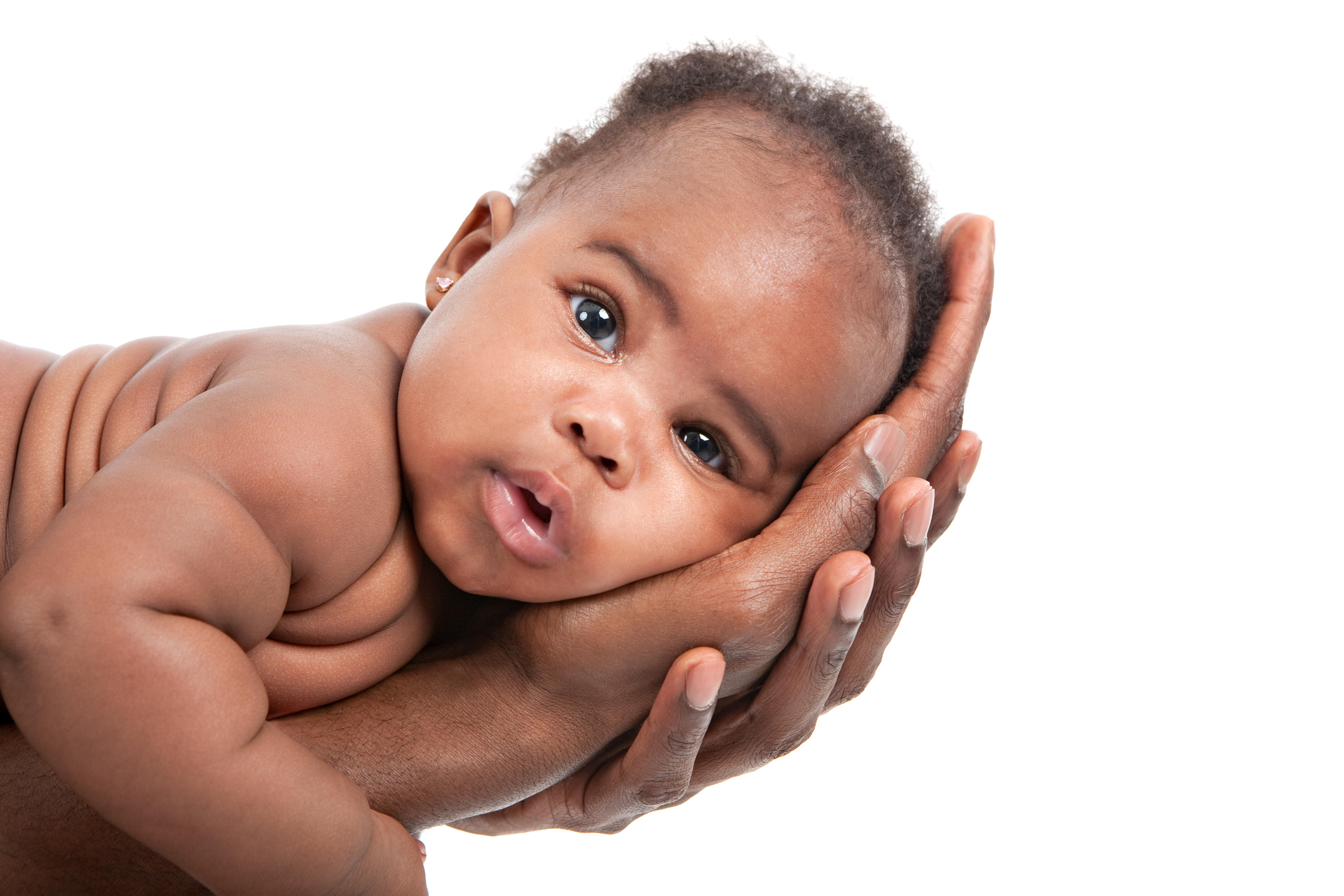In this age group, infants were thought by Jean Piaget to develop skills and experience through sensations and movements; that is why he called it the sensorimotor stage.
Sensorimotor Stage (Birth-2 yrs)
The main achievement during this stage is Object Permanence – knowing that an object still exists, even if it is hidden.
It requires the ability to form a mental representation (i.e., a schema) of the object.
Keep supporting MuslimMatters for the sake of Allah
Alhamdulillah, we're at over 850 supporters. Help us get to 900 supporters this month. All it takes is a small gift from a reader like you to keep us going, for just $2 / month.
The Prophet (SAW) has taught us the best of deeds are those that done consistently, even if they are small.
Click here to support MuslimMatters with a monthly donation of $2 per month. Set it and collect blessings from Allah (swt) for the khayr you're supporting without thinking about it.
Infants rely on seeing, touching, sucking, feeling, and using their senses to learn things about themselves and the environment. And through countless experiments, they gain important skills and learn important concepts. For example, they realize that an object can be moved by a hand (the concept of causality). By nine months a child will have mastered the concept of object permanence, which means that when I can’t see the toy, that doesn’t mean it doesn’t exist. Before then, if you move a toy out of their sight, they lose all interest in it, but now, they will try to look for it. The next step is directed groping, which means the child will be practicing different motor maneuvers to see their outcome.
Building Trust
Erik Erikson, who looked at social development, felt that in the first year, the child develops trust or mistrust in his/her surroundings. That is usually dependent on the consistency of the caregiver. For example, if he/she trusts that his caregiver will feed him/her when they get hungry, they will develop trust in their surroundings. In the second year, the infant starts a two-year period in which s/he will develop autonomy or shame. They will develop healthy autonomy if encouraged when they walk away from their mother, pick the toy they like to play with, and make choices about what they like to wear.
From the discussion above, it appears that we may make the following recommendations:
1- Make sure your child will trust you. There is no doubt that at times you may be busy or overwhelmed, and you may be late to responding to some of your child’s requests, which s/he usually makes through crying, but avoid patchy care and negligence. This development of trust this early may have an impact on the child’s relationship with the parents later. You will need that!
2- It is never too early to read for your child. Acquisition of language is the most important cognitive development the child goes through in this stage and the following one as well.
3- Help the development of healthy associations between Islamic symbols and acts and pleasant sensations: odor, taste, sounds, and visual aesthetics. For example, the prayer mat should be clean smell good, the masjid should have nice toys, the books should have pleasant pictures.
4- Choose the appropriate games and toys that will help the child achieve the developmental milestones of this stage. For example, peek-a-boo helps them with the concept of object permanence.
5- Give your child enough room to move around and examine the environment, certainly without compromising on safety. Allow him/her a certain degree of independence to choose the toys, clothes or foods s/he likes – within reason. Giving them complete liberty will not only be inconvenient, but they may grow up thinking that there are no limits to their freedom.
Raising A Child Between Ages 2-7 | Dr Hatem Al Haj
Raising Children with Deen and Dunya
10 Things We Can Learn From Children












Daniel Craig
August 27, 2019 at 8:40 AM
My son is 6 months old, very good to know about it.